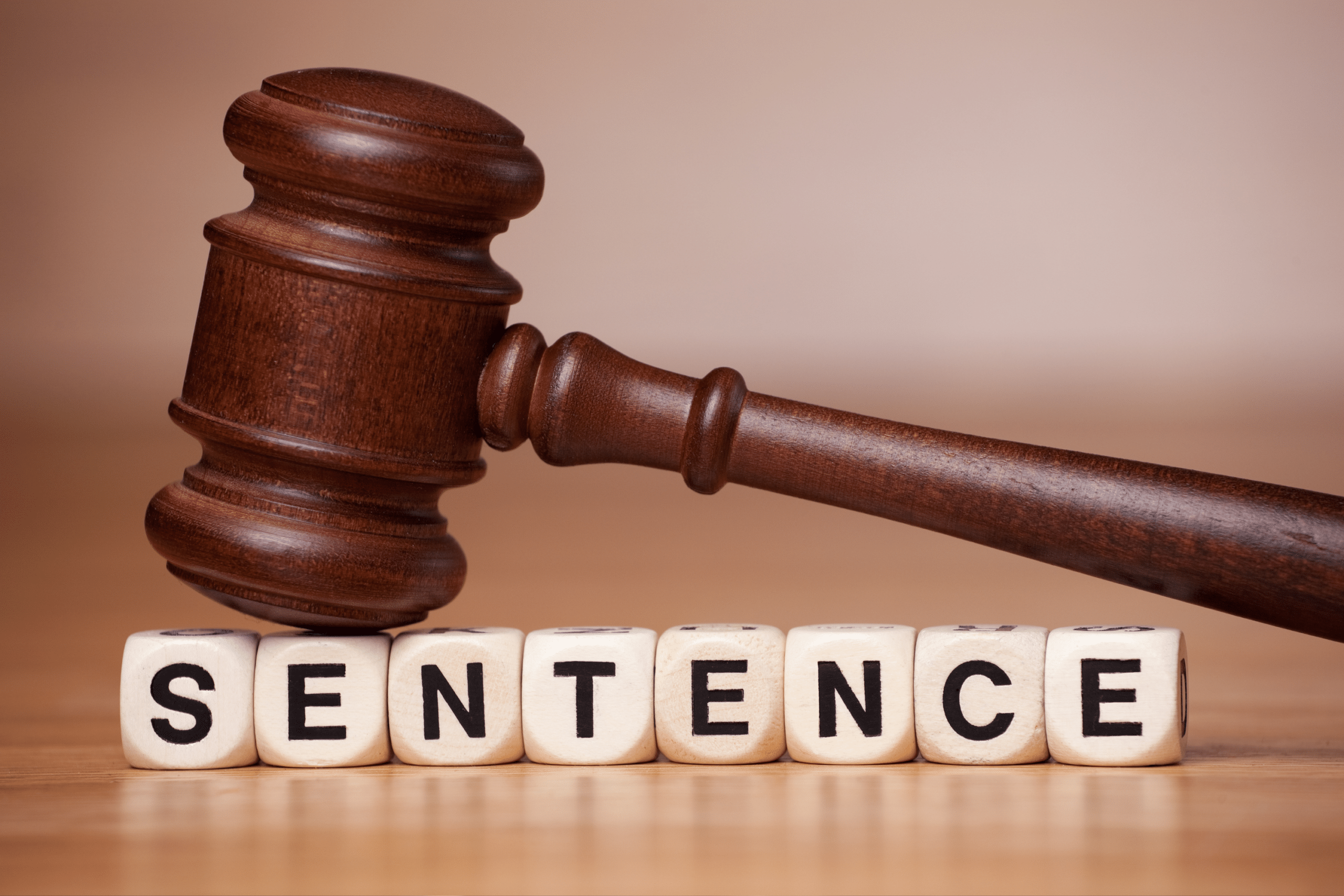Drug crime convictions in our state carry serious consequences, but these penalties can be significantly more severe for individuals with prior convictions. Understanding how prior convictions impact sentencing in drug-related cases is crucial for anyone involved in the criminal justice system.
This blog post will explore how Minnesota’s legal system considers prior convictions during sentencing for drug crimes, the guidelines that influence these decisions, and the potential strategies for mitigating the impact of a criminal history.
Of course, the best way to avoid more serious penalties that can result from multiple convictions on drug charges is to fight back to prevent a conviction in the first place.
Minnesota’s Sentencing Guidelines for Drug Crimes
Minnesota uses a structured sentencing system known as the Minnesota Sentencing Guidelines, which aims to ensure fairness and consistency in sentencing across the state. These guidelines provide a framework for judges to determine appropriate sentences based on the severity of the crime and the offender’s criminal history.
For drug crimes, the guidelines categorize offenses into various severity levels, depending on the type and quantity of the controlled substance involved. These levels range from lesser offenses, such as possession of a small amount of marijuana, to more serious crimes like large-scale drug trafficking. The sentencing range for each level varies, but prior convictions play a significant role in determining where within that range a particular defendant’s sentence will fall.
The Impact of Prior Drug Crime Convictions in MN
Prior convictions can dramatically increase the severity of the sentence imposed for a drug crime in Minnesota. The state’s sentencing guidelines use a criminal history score to quantify the impact of prior convictions. This score is a key factor in determining the length and type of sentence an individual might face.
How does that score work?
Minnesota’s criminal history score system assigns points for previous convictions. These points are then added to determine the defendant’s overall criminal history score, which influences the sentencing range for the current offense. The more severe the prior convictions, the higher the points assigned.
For example, prior felony convictions, especially those involving violence or other serious crimes, carry more weight than misdemeanors. Additionally, prior drug-related felonies can significantly increase the criminal history score, leading to much harsher penalties for subsequent drug offenses. The criminal history score is used in conjunction with the offense severity level to determine the sentencing range on the state’s sentencing grid.
In some cases, prior convictions can trigger mandatory minimum sentences for new drug offenses. For example, under state law, a second or subsequent conviction for certain drug offenses, such as possession of a large amount of a controlled substance or involvement in drug trafficking, may carry a mandatory minimum prison sentence. This means that the judge has limited discretion and must impose at least the minimum sentence specified by law.
Repeat offenders may also face enhanced sentencing. Enhanced sentencing refers to the imposition of a more severe penalty than what might be imposed for a first-time offense. For instance, a second conviction for a first-degree drug offense, which typically involves the sale or possession of large quantities of
narcotics, can result in a longer prison sentence and higher fines than a first-time conviction.
Collateral Consequences of Prior Convictions for Minnesota Drug Crimes
Beyond the immediate increase in sentencing severity, prior convictions can also lead to various collateral consequences that affect an individual’s life long after serving their sentence. These may include:
Loss of Civil Rights. In Minnesota, a felony drug conviction can result in the loss of certain civil rights, such as the right to vote (while incarcerated) and the right to possess firearms.
Employment Challenges. A criminal record can make it difficult to secure employment, as many employers conduct background checks and may be hesitant to hire individuals with a history of drug offenses.
Housing Difficulties. Finding housing can also be challenging, as landlords often screen potential tenants for criminal records, and prior drug convictions may result in denial of rental applications.
Impact on Child Custody. Prior convictions can also impact family matters, such as child custody or visitation rights, particularly if the drug offenses are viewed as indicative of an unsafe environment for children.
How a Knowledgeable Minnesota Criminal Attorney Can Mitigate the Impact of
Prior Convictions
While prior convictions undeniably complicate the sentencing process, there are strategies that defense attorneys can employ to mitigate their impact.
For example, an experienced MN criminal attorney may negotiate with the prosecution to reduce the charges or recommend a lighter sentence, particularly if mitigating factors exist, such as a history of substance abuse treatment or rehabilitation efforts. In some cases, it may be possible to challenge the legality of a prior conviction, especially if there were procedural errors or constitutional rights were violated.
Minnesota law also allows for “downward departures” from the sentencing guidelines in certain cases. A downward departure may be possible if the defendant can demonstrate that the offense was less severe than typical or that mitigating circumstances warrant a lesser sentence.
About the Author:
Christopher Keyser is an AV-Preeminent rated criminal and DWI defense attorney based in Minneapolis who is known for fighting aggressively for his clients and utilizing innovative tactics to get the most positive results. He has been featured in numerous media outlets due to the breadth and depth of his knowledge and has been named a Certified Specialist in Criminal Law by the Minnesota Bar Association. Mr. Keyser is Lead Counsel rated, and he has received recognition for his criminal law work from Avvo, Expertise, and Super Lawyers.








